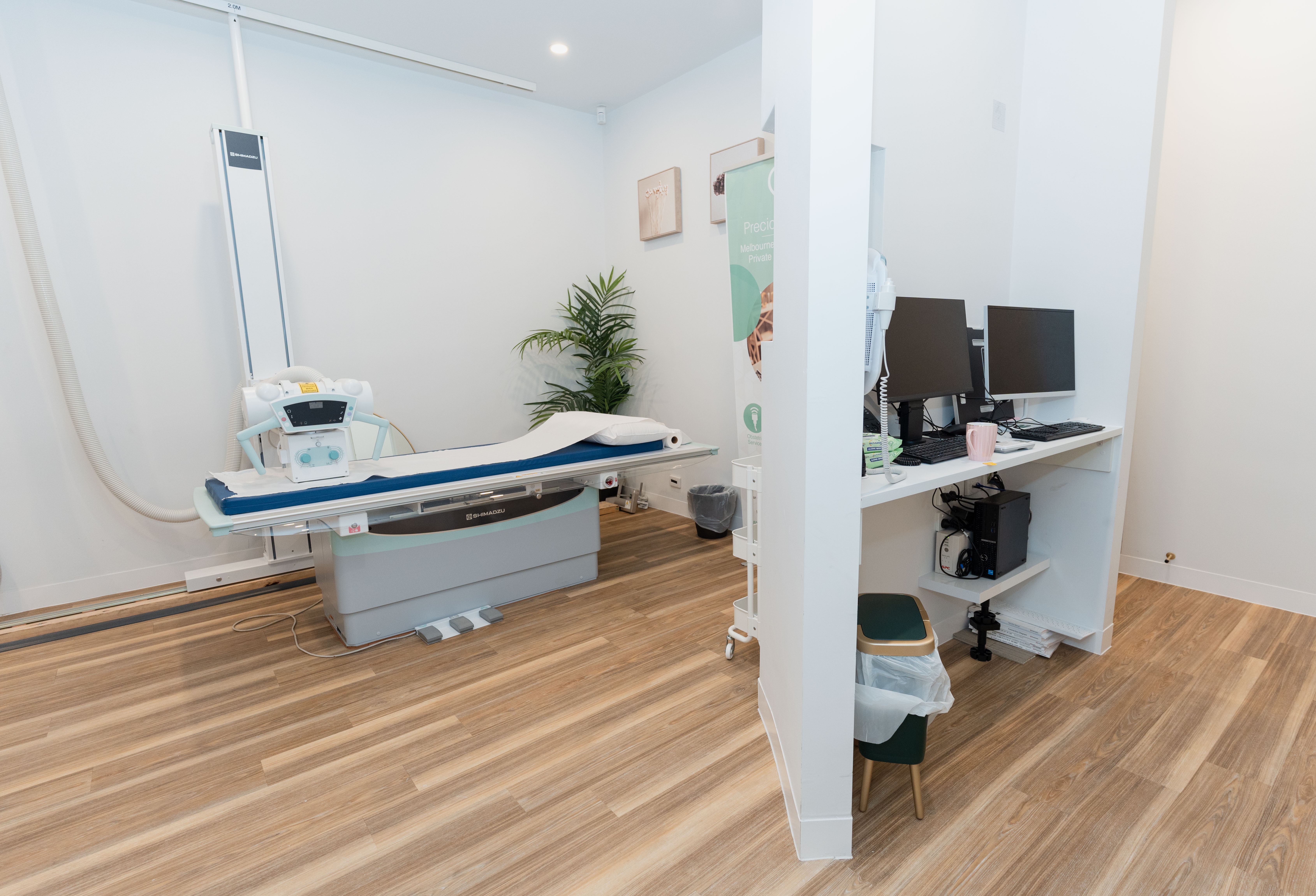Your Guide to Knowing When an X-Ray Is Necessary
“Do I need an X-ray?” is a question patients ask every day. Whether you’ve had a minor fall, persistent chest discomfort, or a concerning sports injury, understanding when to seek an X-ray can help you take swift, informed steps toward better health. As a trusted name in Melbourne radiology, Precious Health Radiology (internal link to your homepage) is here to guide you through the process—explaining what X-rays are, when you might need one, and how to find after-hours imaging options beyond hospital emergency departments.
What Are X-Rays and How Do They Work?
X-rays are a form of electromagnetic radiation that can pass through the human body, allowing medical professionals to capture images of bones, joints, and certain soft tissues. Unlike an ultrasound appointment, which uses sound waves, X-rays produce images of denser structures, making them a go-to tool for diagnosing fractures, lung conditions, and dental issues.
According to the Royal Australian and New Zealand College of Radiologists (RANZCR) (external reference), X-rays are safe and pose minimal radiation exposure when used judiciously and performed by qualified radiographers. At Precious Health Radiology, we adhere to strict safety protocols and use modern, low-dose equipment to ensure patient well-being.
When Should You Consider Getting an X-Ray?
Not every ache or pain requires imaging, but certain scenarios often warrant an X-ray:
- Injury Assessment: Suspected fractures, dislocations, or severe trauma following a fall, accident, or sports injury commonly require an X-ray to confirm diagnosis.
- Persistent Pain: Ongoing pain in areas like the back, neck, or joints may prompt your doctor to recommend an X-ray to identify structural issues, such as arthritis or spinal misalignment.
- Chest or Lung Concerns: If you’ve been experiencing lingering chest pain, a persistent cough, or breathing difficulties, a chest X-ray can help detect conditions like pneumonia or other respiratory issues.
If you’re unsure whether an X-ray is necessary, consider discussing your symptoms with your GP. For more details on the imaging options we offer—including bulk billing ultrasound Melbourne services and advanced Victorian diagnostic imaging—visit our Services Page (internal link).

Finding the Right Radiology Clinic for Your Needs
When you search for a radiology clinic near me or an imaging centre near me, it’s essential to choose a facility known for both quality and convenience. Many radiology clinics in Melbourne operate primarily during standard business hours, making it challenging to find after-hours appointments outside of emergency departments in hospitals. In fact, late-night X-ray imaging is typically only available in hospital settings—leaving patients with limited options.
At Precious Health Radiology, we stand out by offering extended hours every day, giving you greater flexibility. Unlike many non-hospital clinics, we understand that urgent imaging can’t always wait until morning. Our commitment to after-hours accessibility sets us apart, ensuring that you can secure a timely X-ray without resorting solely to busy hospital emergency departments.
For further insight into what to expect from a reputable provider, check the Australian Government Department of Health (external reference) for guidance on imaging quality and patient care standards.
Navigating Your Options: Radiology Clinics vs. Hospitals
Hospital-based imaging departments often run 24/7, which traditionally meant that if you needed an after-hours X-ray, you had no choice but to visit a hospital—often facing long wait times and a more stressful environment. Now, with Precious Health Radiology’s commitment to late-night service, you have a more convenient alternative.
Our Melbourne radiology facility is designed to provide high-quality imaging services, including X-rays, at times that suit your schedule. This approach helps streamline the diagnostic process, enabling you to get the care you need promptly and return to your daily routine sooner.
Preparing for Your X-Ray Appointment
BUnder most circumstances, preparing for an X-ray is straightforward. You may be asked to:
- Wear comfortable, loose-fitting clothing.
- Remove jewellery, eyeglasses, or any metal objects that could interfere with the image.
- Follow any specific instructions given by your doctor or our radiographers.
Beyond X-Rays—A Range of Diagnostic Imaging at Your Fingertips
While X-rays are incredibly useful for diagnosing numerous conditions, your doctor may recommend additional or alternative imaging tests. Precious Health Radiology provides a full suite of Victorian diagnostic imaging services, from ultrasounds to more advanced modalities. If a different scan is required, our team will help guide you to the most suitable test to ensure accurate, timely results.
Next Steps—Book Your After-Hours X-Ray Today
If you suspect you need an X-ray, don’t wait until standard business hours if your health concerns are pressing. Precious Health Radiology is here to provide you with prompt, convenient service—no need to rely solely on hospitals for late-night imaging.
Ready to act? Contact Precious Health Radiology (internal link to contact page) today to learn more about our extended hours, our full range of imaging services, and how we can assist you with everything from a simple X-ray to complex imaging scenarios. We’re proud to offer the flexible, patient-focused approach that sets us apart from other radiology clinics near me and ensures you have access to quality imaging when you need it most.

Conclusion: Empowering Patients Through Accessible, High-Quality X-Ray Services
Knowing when to get an X-ray—and where—can significantly impact your peace of mind and treatment outcomes. Precious Health Radiology is dedicated to making diagnostics more accessible, especially after hours, so you don’t have to rely solely on hospital visits. With a focus on convenience, expertise, and compassionate care, we’re committed to helping you navigate your health journey every step of the way.
Disclaimer:
This blog post is for informational purposes only and should not be interpreted as medical advice. Always seek the guidance of a qualified health professional before making decisions about your healthcare.